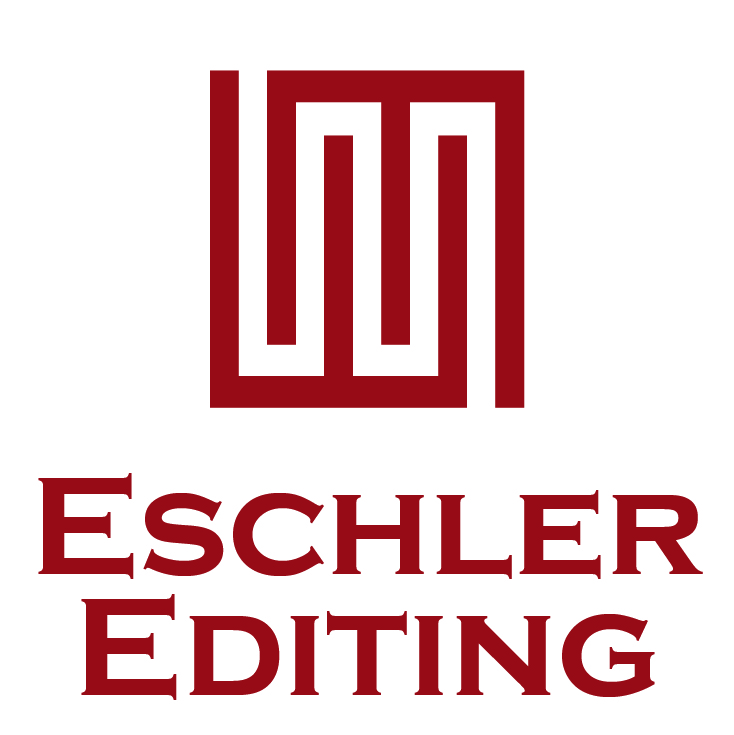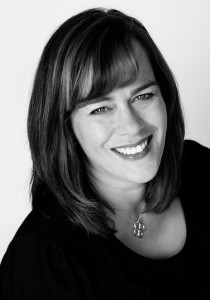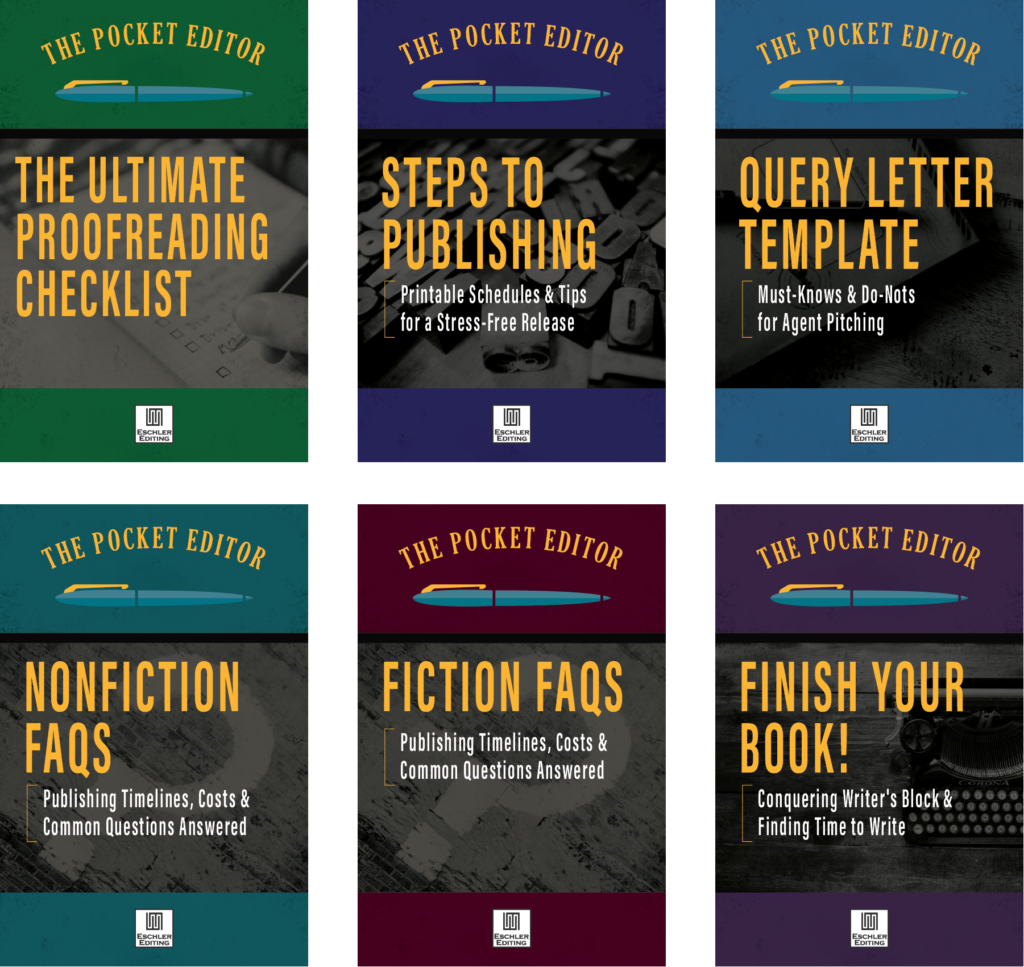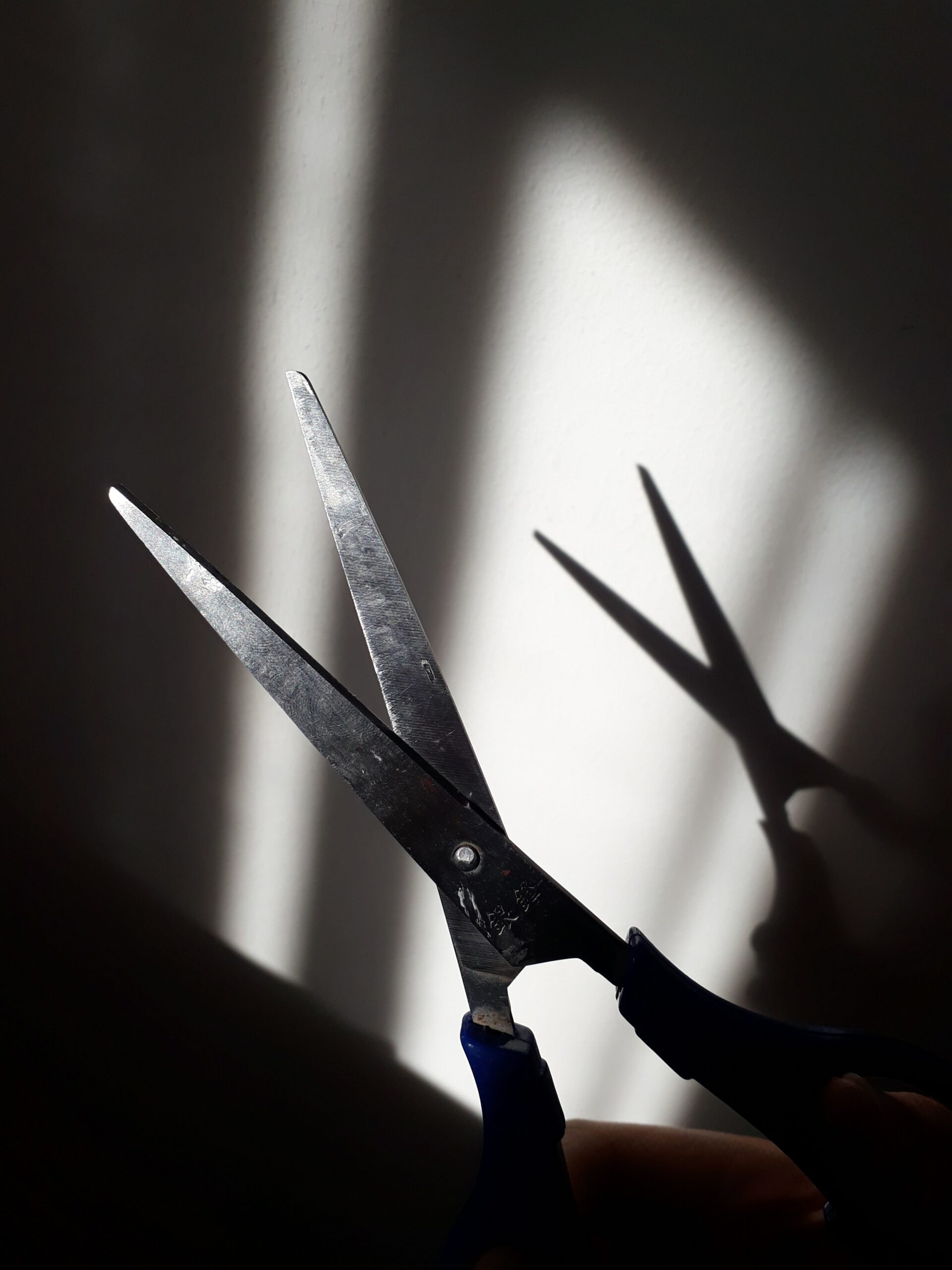Tips on the Fiction Platform
Guest Post by Heather Moore
One year ago, I wouldn’t have been able to write this post. I had been with a traditional publisher for over ten years, with book #12 coming out. I was excited about this new book because it strayed from my usual genre (historical fiction). This new release was a contemporary romance. Then I realized I had a problem. If a reader enjoyed my contemporary romance, they would see by my Amazon Author Page that it was the only one I had published. All my other books were historical fiction or inspirational nonfiction. Sales opportunity lost, potential long-term customer and fan lost.
I could write another contemporary romance and send it to my publisher, but that would take months to write and a year or two to hit the shelves. I needed something soon.
My Reservations to Indie Publish
-
- Image. At the time, “Self-publishing” still created a bad taste in the mouths of many a reader/writer, and I didn’t know if I was willing to become part of that “label.”
- Money. In order to self-pub right (and avoid the label problem above), it would take a financial investment for editing, cover, and interior design.
- Team. Who could I trust and work with to build a team (editor, proofer, cover artist, typesetter/designer) to create a professional product?
- Industry knowledge. I was at the bottom of the learning curve. Did I want to invest the time to learn the business?
- Courage. Was I brave enough to put out a product that didn’t have the endorsement of a traditional publisher? A book that “I” alone felt had value?
What Tipped the Scales
- Crossover marketing. I needed to promote my contemporary romance, and I needed to establish a presence in that genre ASAP.
- An idea I could stand behind. I came up with A Timeless Romance Anthology and invited two other authors/editors to join the board (Annette Lyon and Sarah M. Eden, who were also established authors with a readership in place). We would write romance novellas and invite three other published authors for each anthology. Instead of me saying, “Buy my self-published book!” I had a great product with a lot of cross-marketing potential.
- Confidence in team. I contacted various cover artists and designers, and with Annette agreeing to be the line editor, it was coming together nicely. I also spent time asking indie-publishing friends about publishing e-books.
- Quick release date. My contemporary romance was coming out in November 2012. I was able to release the first anthology in October 2012, the next in February 2013. Now Amazon showed three romance products by me. (Which also tells an excited reader to keep checking back for more.)
- Money. With the decision to do e-book only, the financial side only included investment in the cover, editing, and e-book interior. This was a nearly $1,000 investment (which can be on the cheaper side, depending on how experienced of an author you are and thus what level of editing is needed), but with the royalty-sharing structure set up with the anthology authors, that money would be recouped once 1,000 copies sold.
Would I Do It Again?
Yes! I’ve since become addicted to novella writing, and the fifth Timeless Romance Anthology comes out in November. Using authors who already have an established readership proved to be a smart move. And with the release of the fourth anthology, people are now saying they love the “series” and are becoming loyal to the brand, and not to specific authors. I have since indie published my own novella series (the Aliso Creek Novellas) and a historical romance (Heart of the Ocean).
Do This Now
- Study the market. Go to Amazon and see what’s selling in your genre. You can look up the publisher name on any book’s Amazon page and see if it’s self-pubbed, usually identified as Amazon or CreateSpace or the author’s name or another name that you’ve never heard of (which probably means it’s self-pubbed). Study prices. Study covers. Study marketing. (I spent about 100 hours over the course of a year doing research. Go to conferences and get help if your time is limited or the DIY drive isn’t in your blood.)
- Consider novella or short-story writing. This topic could be its own blog post—as to why this market is suddenly taking off—and you should consider having novellas in your publishing collection.
- Read these books: Make a Killing on Kindle without Blogging, Facebook, or Twitter,
by Michael Alvear, and How I Sold 1 Million eBooks in 5 Months,
by John Locke. I don’t do everything I read in books, but I get my own ideas from someone else’s experience.
- Attend a workshop or conference. Most writers’ conferences offer workshops in indie publishing and marketing. (Go here to see a list conferences; Precision Editing Group also keeps a running conference list on their sidebar: writingonthewallblog.blogspot.com).
Your Turn
What are your thoughts on indie publishing? Have you done it? What do you recommend? What do you want to know? Please share!
Heather B. Moore is a four-time USA Today bestseller and award-winning author of more than eighty publications in diverse genres. She is the owner of Precision Editing Group and the publisher of the popular Timeless Romance Anthology series. Her websites are hbmoore.com and precisione





I asked Heather to give some details on how much time she invested in the learning curve to successfully self-publish (for good ROI and to build a career with it). Here’s what she said:
It’s hard to put a time on it. I always learn something new when talking to other authors or going to writers conferences. But if you were to focus on “reading” and “researching” then I’d say I spend about 3 hours a week looking up things to read about the market and studying others indie publishing styles.
“Before” I indie published, I read 2 or 3 books on the topic, had lots of discussions with other writers (I never went to an indie-publishing class because I wasn’t convinced yet), read blogs, tracked sales of indie publishing friends on Amazon, and mostly watched and researched. So maybe 100 hours if I was to combine that over a year’s time frame. Some of that time would be included in just brainstorming and thinking about the pros and cons over and over.”
Angela: I would tell people to go to conferences as a way of getting summarized information and then build on that with personalized research. (Obviously Heather would to since she’s now running one!)
I’ve been submerged in the internet marketing world for a few years now, which is what led me to digital publishing. Thanks to the power of big companies like Amazon, self/indie publishing is no longer full of the negatives it once was. It’s given authors the ability to say no to tiny royalties while publishers keep the lions share, and it’s allowed people like John Locke and many others to build a name for themselves and make writing a career. I’ve personally had some great success helping a client to sell in the Kindle store, so I speak from experience that this is a new era of writing, with great opportunity for those willing to do what it takes.
I’ve personally read over a dozen books on Kindle publishing and now have a system in place that is successfully working. I think a few of the biggest keys to remember are:
1. Set yourself apart with good writing. Invest in professional editing and make your book the best it can be. There’s a lot of mediocre garbage out there because too many authors don’t think they need to refine their work. Don’t fall into that trap.
2. A best seller is not gauged by the quality of the book, but rather, by the number of sales. Learn what it takes to sell your book. There are a lot of tools and resources to help promote your book, and most of the good ones will take some money, but take the time to do your homework or find a digital publisher that can help you.
Again, times have changed and digital publishing is changing the landscape for both authors and publishers. It’s not as simple as just publishing your book and expecting everyone will find you, but with a few simple strategies, it is very possible to start selling books, making money and building your brand.
This is a topic I’ve had lots of questions about– particularly about which genres sell best on which platforms. The research tips are fantastic. Thanks, Heather!
Thanks for the comments. Great info, Ron.
Adrianne, Romance is #1 on Kindle, with Thrillers #2. Not sure about Nook or iTunes, but they are probably similar. For my personal sales, my kindle sales are about 10-15x that of my nook sales.